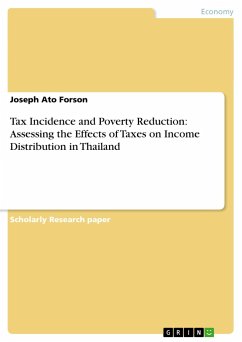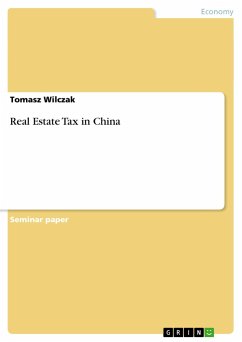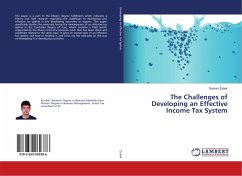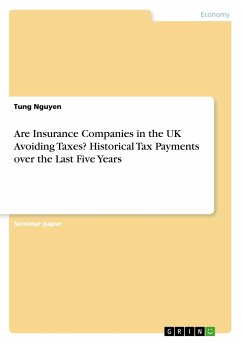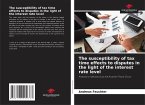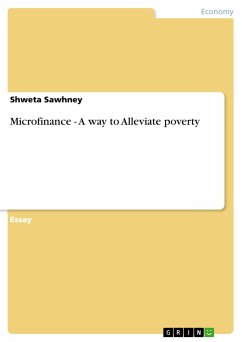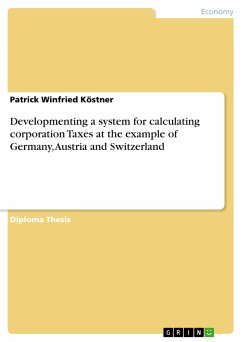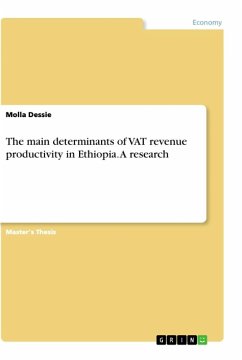Research Paper (undergraduate) from the year 2013 in the subject Business economics - Investment and Finance, grade: None, , course: Public Administration, language: English, abstract: This paper looks at the effects of taxes on income distribution in Thailand making use of the 2005 data from the Bureau of the Budget and other sources. We attempt to figure out if Thai tax system is pro poor or rich (i.e. progressive or regressive) among the various tax types on the five quintile income groups. This paper is used to ascertain which income group tend to pay more of their incomes as taxes. The paper also explores the relationship between tax incidence and poverty reduction on the one hand and indicators of access to education and health services and social outcomes on the other using simple measures of association. We conclude that based on the results of the tax system, the income distribution of Thai households became more equal on individual income tax, implying a gradual effort to bridge the income gap between the rich and the poor in Thailand. A pre-tax Gini coefficient of 0.3056 saw a marginal improvement, leading to a post-tax Gini coefficient of 0.2862 on post-tax (IIT), implying the situation on post-tax individual income shows an attempt by Thai government to have equality in individual incomes, and thereby bridging the income gaps. In general, the total post-tax coefficient ended at 0.3085 indicating, though efforts are being put in place by government to enhance the income situation of the poor, the effort according to our empirical results is marginal and have even worsened the income disparity situation by increasing income inequality to another level. The result confirms the distribution of income of Thai households became more unequal, and an indicative of a tax regime which is regressive at the end. We therefore make a number of policy recommendations on the ensuing situation.
Bitte wählen Sie Ihr Anliegen aus.
Rechnungen
Retourenschein anfordern
Bestellstatus
Storno

